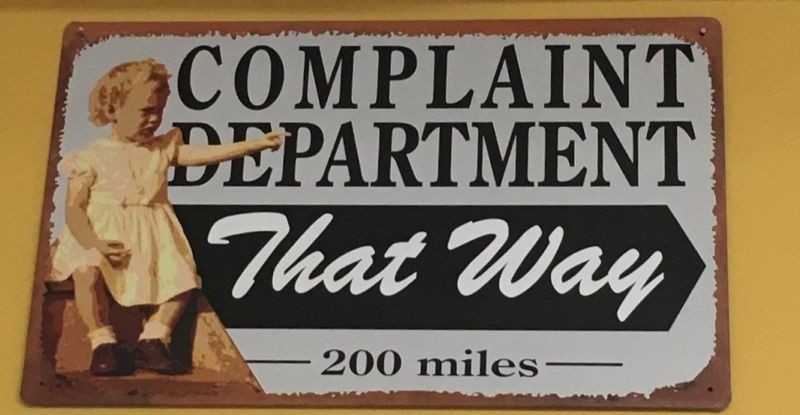A walk through the Book of Philippians
June 26, 2024
Being Humbled and enduring Humiliation
Philippians 2:5-11; John 13:1-17
In 2016, I was privileged to attend a National Youth Gathering presented by the Lutheran Church Missouri Synod. One of the morning Bible studies delved into the concept of humility. This topic resonates with each of us in our own unique ways. Above is the definition of humility that was projected on the screen, inviting us to reflect on its significance in our lives.
There are moments in our lives when we may find ourselves being humble or showing humility. Yet, the most profound and awe-inspiring example of humility and endurance of Humiliation is found in Jesus’s life.
“In your relationships with one another, have the same mindset as Christ Jesus:
Who, being in very nature God,
did not consider equality with God something to be used to his own advantage;
rather, he made himself nothing
by taking the very nature of a servant,
being made in human likeness.
And being found in appearance as a man,
he humbled himself
by becoming obedient to death—
even death on a cross!
Therefore, God exalted him to the highest place
and gave him the name that is above every name,
that at the name of Jesus, every knee should bow,
in heaven and on earth and under the earth,
and every tongue acknowledge that Jesus Christ is Lord,
to the glory of God, the Father.”
Philippians 2:5-11
If you’ve gone to church or read your Bible, you’ve read about Jesus being a humble servant. In the passage above, Paul tells us to emulate Jesus.
Jesus came down from heaven and was born into a world where He was a humble servant to others. He taught, healed, loved, and accepted people as they were. He never once lauded His Godliness over others.
Do you remember the story of the Last Supper? Let’s look at the Gospel of John chapter 13.
“It was just before the Passover Festival. Jesus knew that the hour had come for him to leave this world and go to the Father. Having loved his own who were in the world, he loved them to the end.
The evening meal was in progress, and the devil had already prompted Judas, the son of Simon Iscariot, to betray Jesus. Jesus knew that the Father had put all things under his power and that he had come from God and was returning to God, so he got up from the meal, took off his outer clothing, and wrapped a towel around his waist. After that, he poured water into a basin and began to wash his disciples’ feet, drying them with the towel that was wrapped around him.
He came to Simon Peter, who said to him, “Lord, are you going to wash my feet?”
Jesus replied, “You do not realize now what I am doing, but later you will understand.”
“No,” said Peter, “you shall never wash my feet.”
Jesus answered, “Unless I wash you, you have no part with me.”
“Then, Lord,” Simon Peter replied, “not just my feet but my hands and my head as well!”
Jesus answered, “Those who have had a bath need only to wash their feet; their whole body is clean. And you are clean, though not every one of you.” For he knew who was going to betray him, and that was why he said not every one was clean.
When he had finished washing their feet, he put on his clothes and returned to his place. “Do you understand what I have done for you?” he asked them. “You call me ‘Teacher’ and ‘Lord,’ and rightly so, for that is what I am. Now that I, your Lord and Teacher, have washed your feet, you also should wash one another’s feet. I have set you an example that you should do as I have done for you. Very truly, I tell you, no servant is greater than his master, nor is a messenger greater than the one who sent him. Now that you know these things, you will be blessed if you do them.”
John 13:1-17
Jesus got up after the Passover meal and taught His disciples a lesson in humility. He taught them to put the needs of others before their own. He wanted them to follow in His footsteps and be servants to all.
All too often, Christians (yes, and even Clergy and other church workers) think or act like their congregation owes them. But that’s the exact opposite of what Jesus is teaching here. Others come first. “He made himself nothing by taking the very nature of a servant.” Humble; Paul and God call on us to be servants to others.
Finally, Jesus’ final and most significant act of humiliation.
“he humbled himself
by becoming obedient to death—
even death on a cross!”
From His first moment on this world to His dying breath, “Father, forgive them for they know not what they do.” Jesus humbled himself as a sacrificial lamb for the sins of man. What an incredible act of humility.
What an amazing Savior!
Jesus, you showed us how to be humble. May we think of others’ needs before worrying about our own. May the humility You demonstrated on the cross always be an example for us. Amen.









